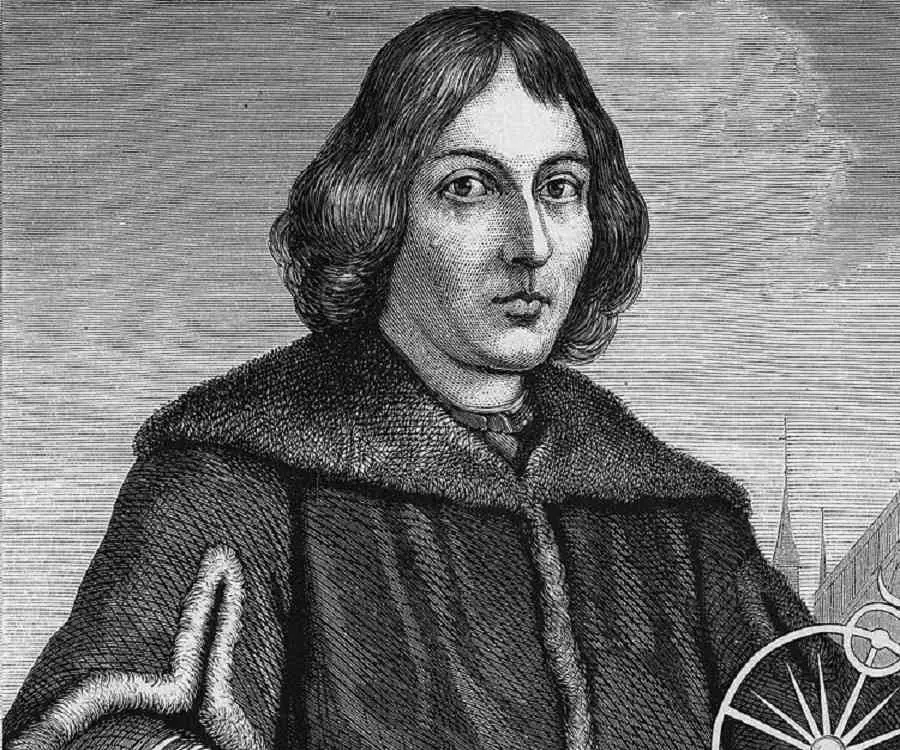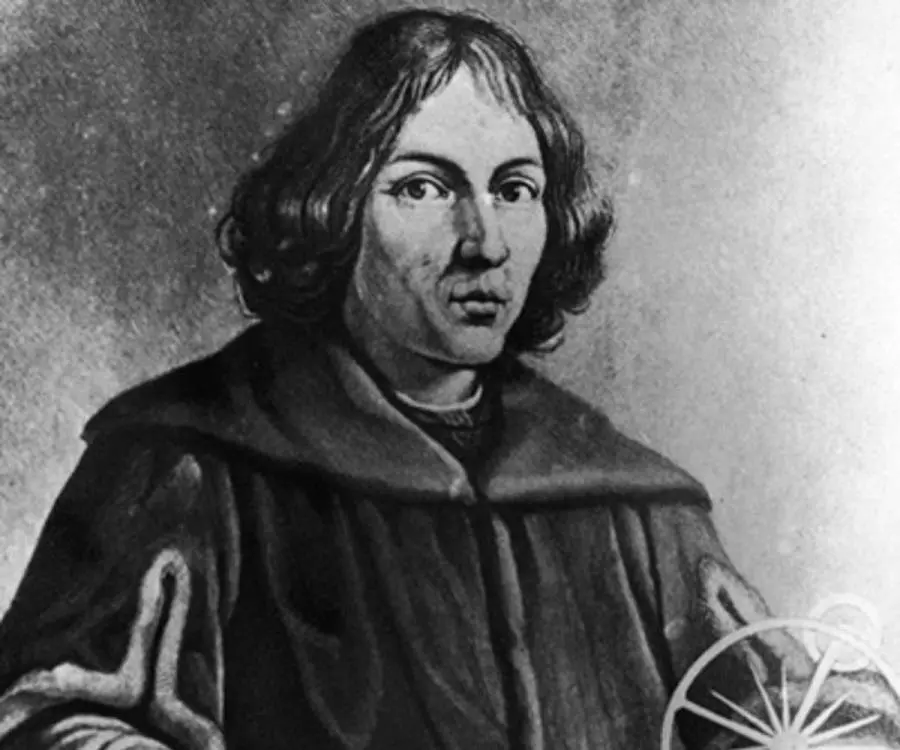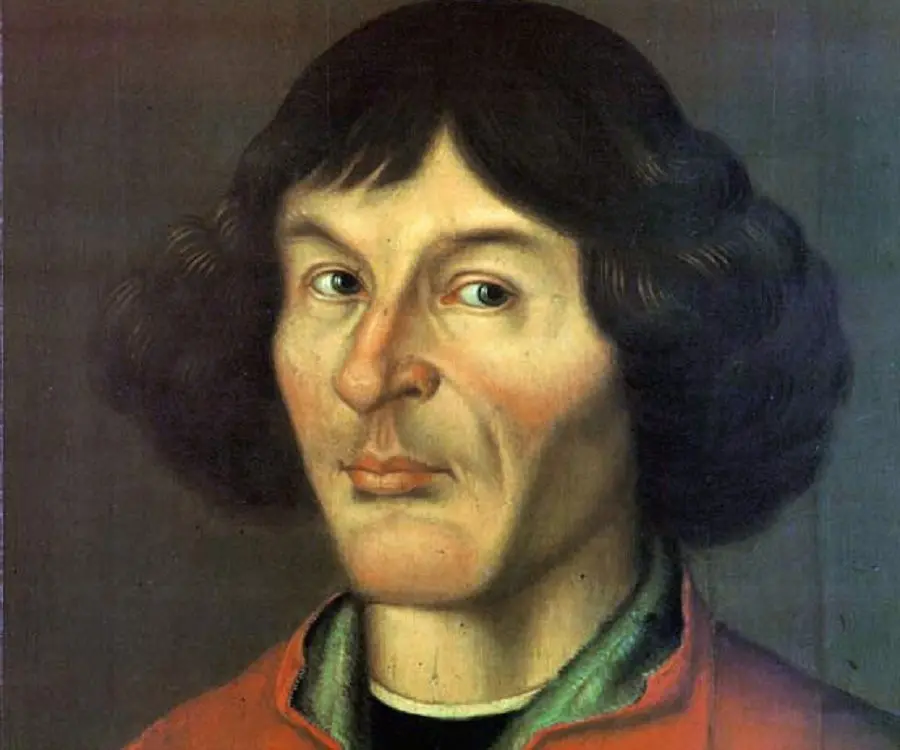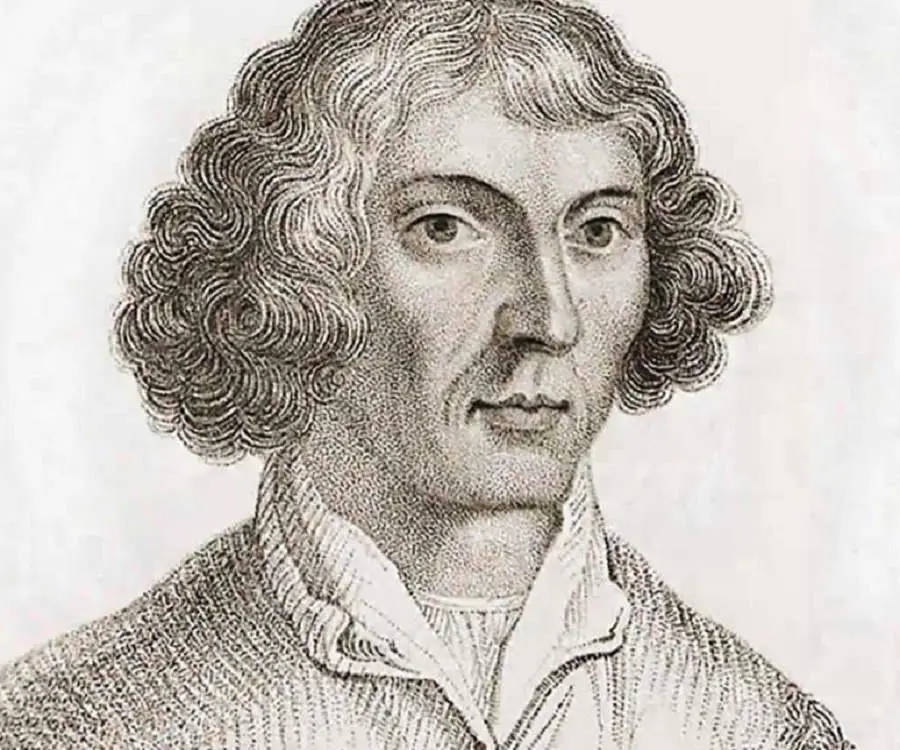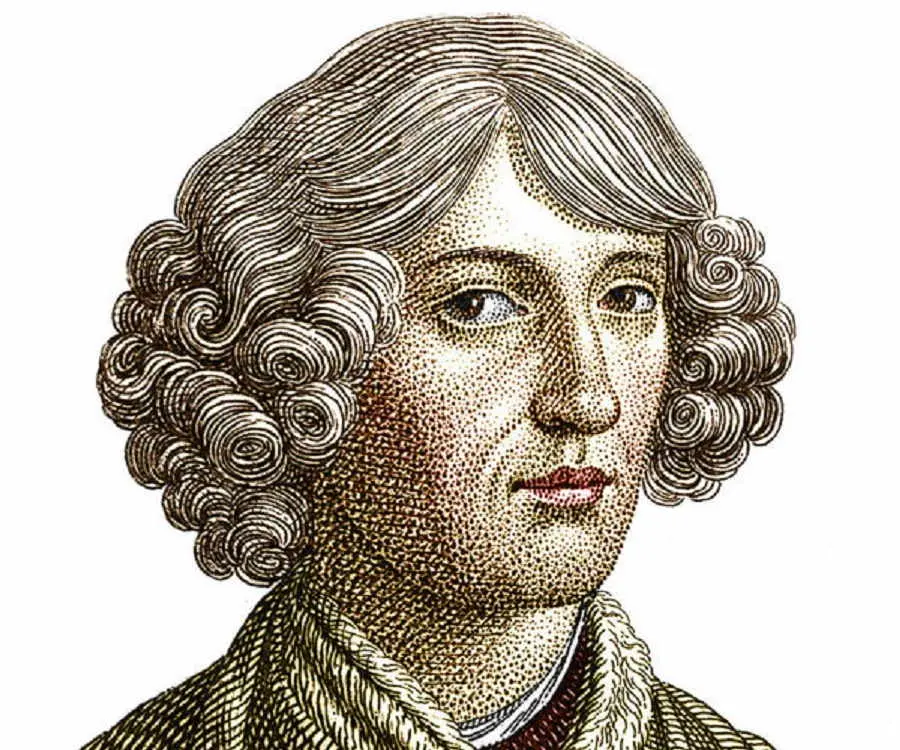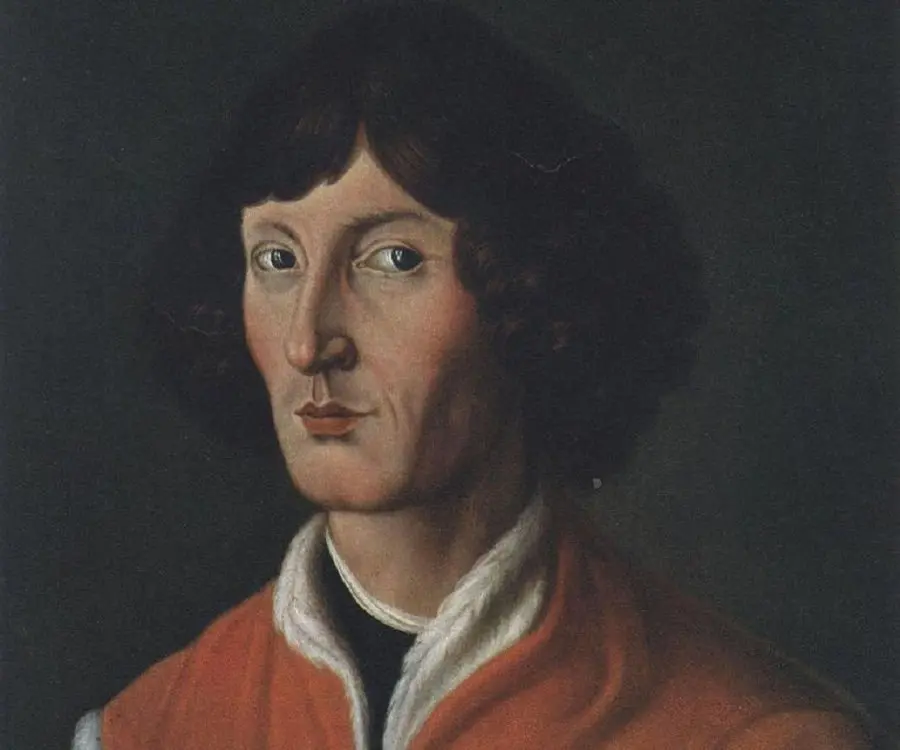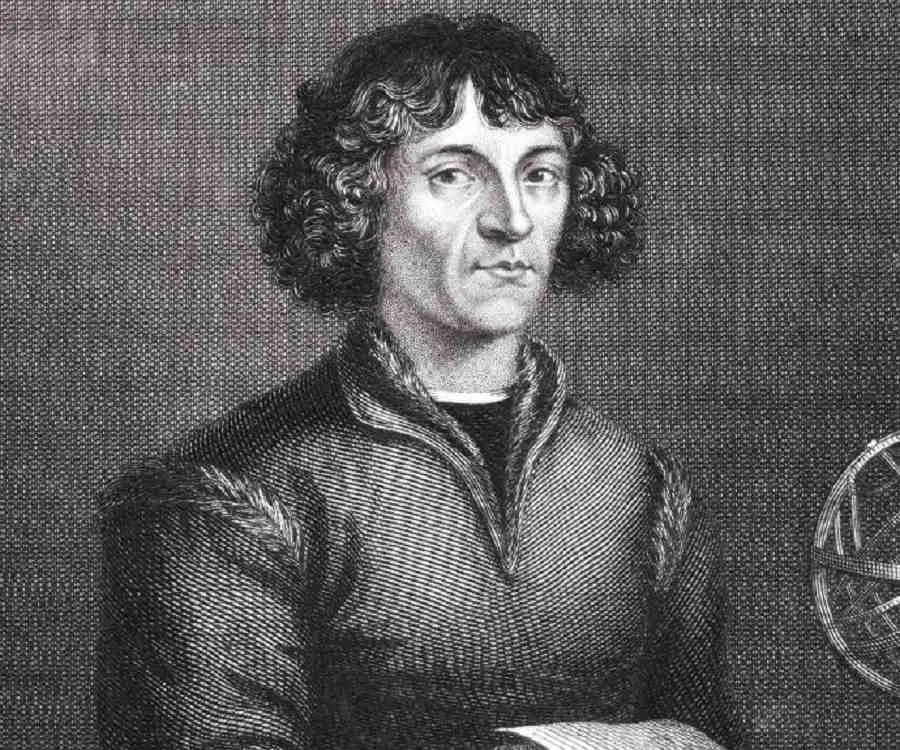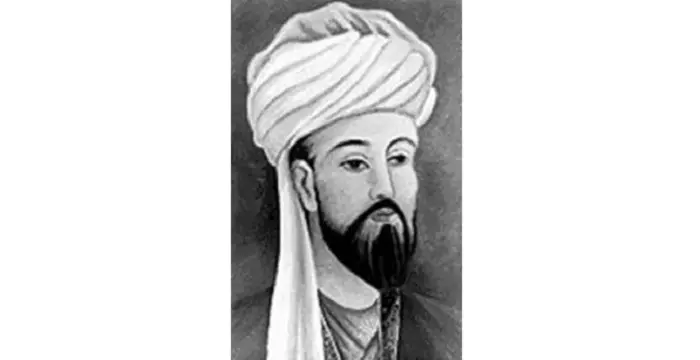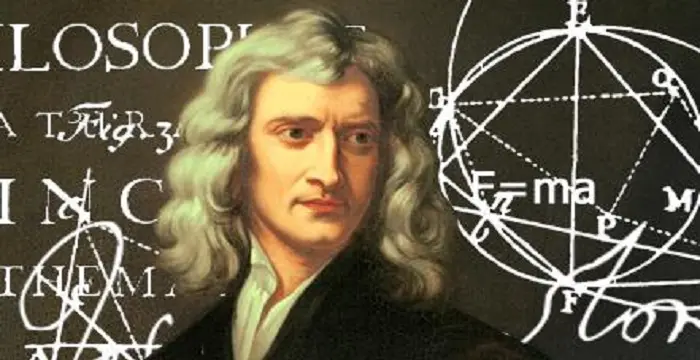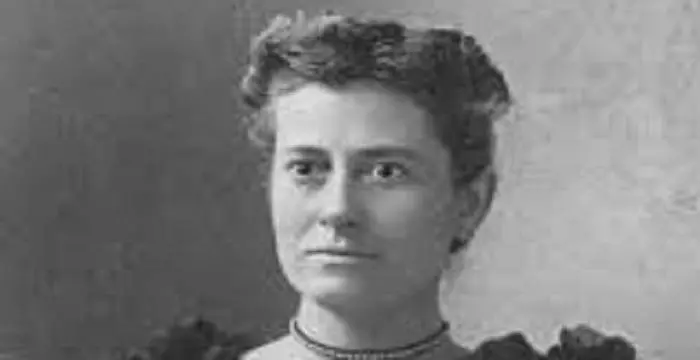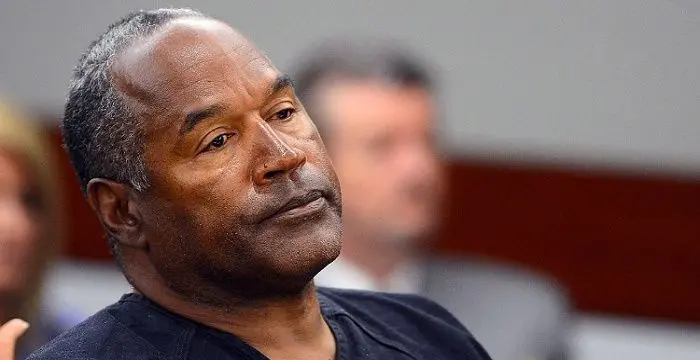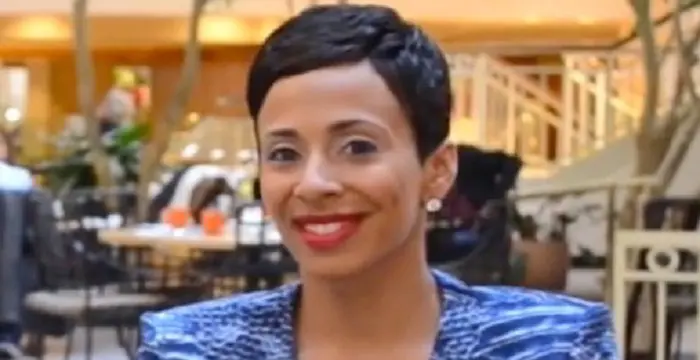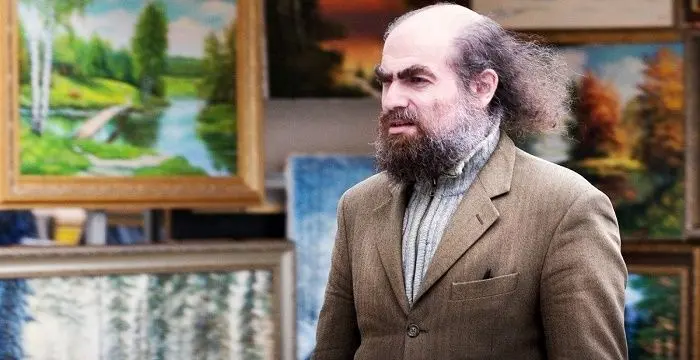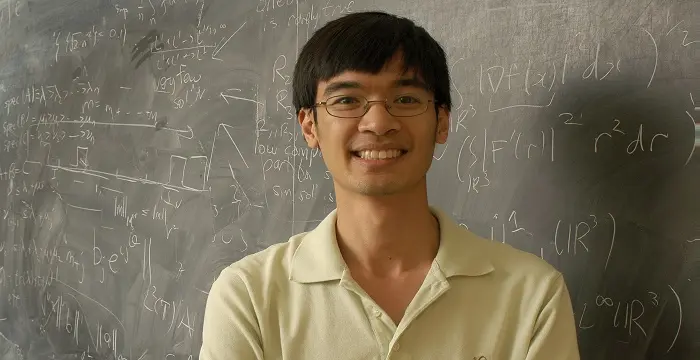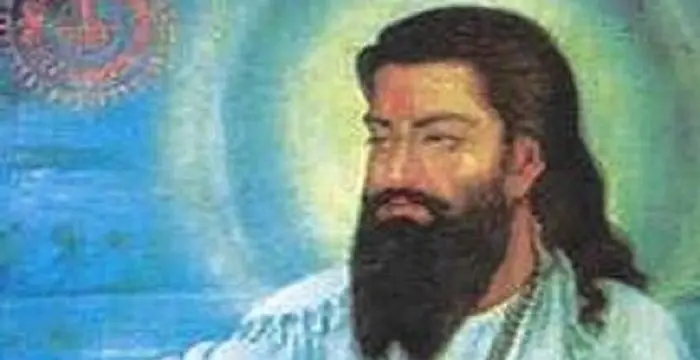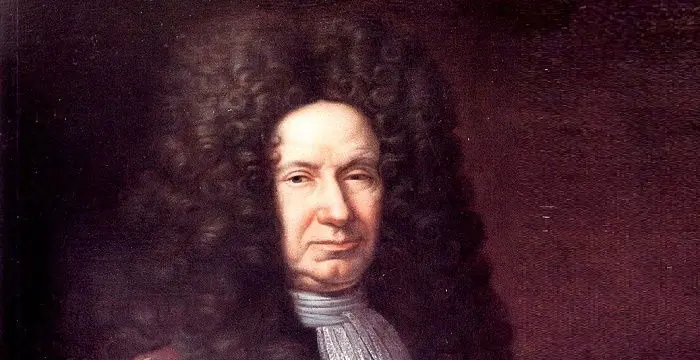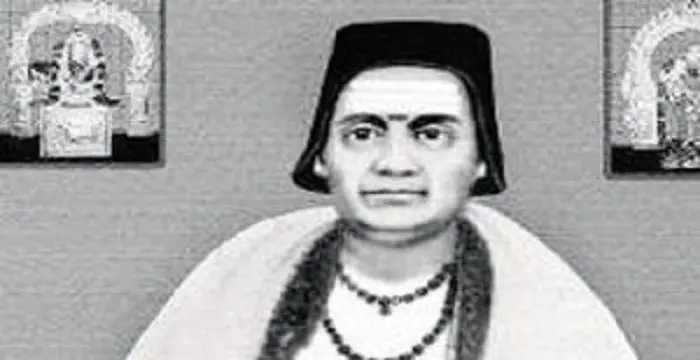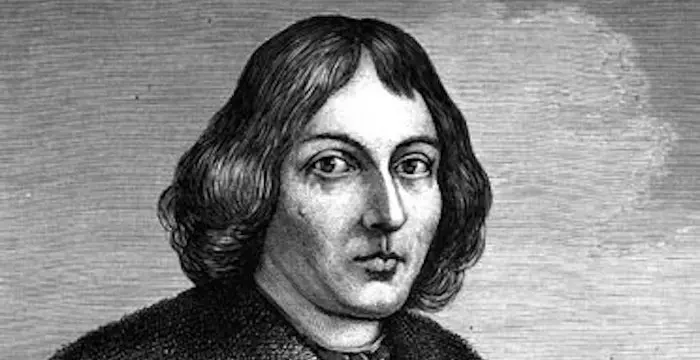
Nicolaus Copernicus - Astronomers, Birthday and Family
Nicolaus Copernicus's Personal Details
Nicolaus Copernicus, the famous mathematician and astronomer was the first to discover that the earth revolves around the sun and not the other way round
| Information | Detail |
|---|---|
| Birthday | February 19, 1473 |
| Died on | May 24, 1543 |
| Nationality | Polish |
| Famous | Intellectuals & Academics, Philosophers, Mathematicians, Astronomers, Miscellaneous |
| Siblings | Andreas Copernicus, Barbara Copernicus, Katharina Copernicus |
| Known as | Mikołaj Kopernik, Nikolaus Kopernikus, Nicolò Copernico, Niclas Koppernigk |
| Universities |
|
| Birth Place | Toruń |
| Religion | Catholicism |
| Gender | Male |
| Father | Nicolaus Copernicus Sr. |
| Mother | Barbara Watzenrode |
| Sun Sign | Aquarius |
| Born in | Toruń |
| Died at Age | 70 |
// Famous Intellectuals & Academics
Bertil Gotthard Ohlin
Bertil Gotthard Ohlin was a famous Swedish economist. This biography profiles his childhood, family life & achievements.
Emily Greene Balch
Emily Greene Balch was an American economist, sociologist and pacifist who won the 1946 Nobel Peace Prize. This biography of Emily Greene Balch provides detailed information about her childhood, life, achievements, works & timeline.
Martin Buber
One of the greatest philosophers to have ever walked on earth, Martin Buber contributions to philosophy is a long-standing one. Explore all about his profile, childhood, life and timeline here.
Nicolaus Copernicus's photo
Who is Nicolaus Copernicus?
Most popularly known by his surname, Nicolaus Copernicus is considered by many to be father of modern astronomy. He is known for being the first to go public with heliocentric theory in his work ‘De revolutionibus’ or ‘About Revolutions’; a treatise containing the theory that Earth and the other planets orbited around the sun. This was a direct contradiction of the geocentric theory that had prevailed since the time of Ptolemy; the belief that Earth, and subsequently mankind, were at the center of the universe. There is still an air of mystery about the man many call the father of the scientific revolution – he lived a quiet life, devoted to his scholastic pursuits and his career as a canon scholar for varying chapters of the Catholic Church. The eternal student, he spent his life studying law, math, and medicine while he fulfilled his duties to the church and even acting as an ambassador for his country. It was only after a lifetime of study and astronomical observation that he was able to formulate the theory that changed the way we thought about the cosmos, which he published despite his fear of persecution at the hands of the church he loved.
// Famous Astronomers
Jabir Ibn Hayyan
Jabir Ibn Hayyan was a medieval era polymath. Check out this biography to know about his life, works and achievements.
Isaac Newton
Isaac Newton was an English scientist and mathematician, who discovered gravitation and Newtonian Mechanics. Read this biography to find more on his life.
Henrietta Swan Leavitt
Henrietta Swan Leavitt was an American astronomer. Check out this biography to know about her childhood, family, personal life, discoveries, achievements, etc.
Childhood & Early Life
Copernicus had three siblings, of whom only one did not become committed to the church – both he and his brother became clergymen, and one of his sisters became a nun.
Nicolaus was barely ten years old when his father died, in 1483. He was then cared for by his maternal uncle, who would become Bishop of Warmia. His uncle paid for his education at the ‘St. John’ parochial school.
He left the St. John school in 1491 to attend the ‘University of Krakow’, where he studied mathematics, drawings, perspective, and the classics. This is where he developed his love for astronomy, having attended lectures given by a prominent Polish astronomer, and began studying the stars and planets from his home.
Career
In 1497, he enrolled in the ‘University of Bologna’ to study canon law. He also joined the ‘Chapter of Warmia’ and received his first appointment as a canon scholar.
Nicolaus traveled to Rome in 1500 to attend ‘The Jubilee’, where he gave lectures on mathematics. These were attended by George Rheticus, who would later assist him in publishing his greatest work. The next year he renewed his leave of absence so that he could have two more years of study, which he used to study medicine at Padua while he continued studying law.
He received another appointment as a canon scholar for the ‘Holy Cross Church’ in Wroclaw, in 1503. In the same year he was awarded his doctorate in canonical law. After completing his studies he returned to Warmia to work for the church.
Copernicus sent out his first work, ‘Commentariolus’ (Little Commentary), as a series of letters, in 1507. Here he presented the first versions of the heliocentric theory. He was also appointed by the Chapter to be the private physician to the Bishop.
In 1509, he left the Bishop and returned to Frombork. There he became more involved in political affairs, drawing a map of Warmia and the western borders of Royal Prussia for the King’s Council and swearing his allegiance to the King.
Copernicus assembled a proposal for the reform of the calendar in 1513, which was then sent to Rome. The next year he bought a house with an observation platform for his astronomical observations, but was soon promoted to ‘Administrator’ for the Chapter property and he movds to Olsztyn. He took a hiatus from his observation for several years in order to perform these duties.
In 1519, he resigned from the position of Chapter Administrator, and returned to Frombork. He spent the following years participating in politics, as part of a Polish embassy to the ‘Grand Master of the Teutonic Knights’, organizing the defense of Olsztyn against the Teutonic Knights, and negotiating for the Warmian territories that they have captured.
Afterwards, he returned to Frombork, where he wrote ‘De Octava Sphoaera’ (The Eighth Sphere), in which he refutes the calculations of Joannes Werner regarding the orbit of Neptune. In 1542, Copernicus published his work on trigonometry. It contained what would become the last three chapters of ‘De revolutionibus’.
Nicolaus Copernicus is believed to have died from a stroke only a few weeks after his greatest work was published. He is buried somewhere under the floor of Frombork’s castle – exactly where is unknown.
Major Works
Copernicus completed the manuscript for ‘De revolutionibus’ many years before he allowed it to be published. For over a decade he circulated the theory in a series of letters to European scholars and worked painstakingly on revisions. It was only in 1543 that the book was published in its entirety in Nuremburg.
Personal Life & Legacy
Due to his commitment to the church, he never married. At one point, Bishop Joannes Dantyszek suspected him of carrying on a relationship with his live-in housekeeper, and ordered the astronomer to dismiss her. The request was carried out, but the charges were eventually dropped for lack of evidence.
The discoveries he made sparked a new school of astronomical thought, and became the basis for theories made by Galileo, Newton, and Kepler. The work they did helped to perfect his original theory.
Trivia
The first version of ‘De revolutionibus’ included a foreward from the publisher stating that the hypothesis was not necessarily true, in order to appease the church. It was banned by the Vatican in 1616, and wasn’t removed from the list until 1835.
// Famous Miscellaneous
Jason Simpson
Jason Simpson is the son of former NFL running back, broadcaster and actor O. J. Simpson. Check out this biography to know about his childhood, family, life, and little known facts about him.
Melissa Brim
Melissa Brim is the ex-girlfriend of former professional boxer Floyd Mayweather Jr. Check out this biography to know about her birthday, childhood, family life, achievements and fun facts about her.
Joyce Meyer
Joyce Meyer is a Christian author and speaker. This biography provides detailed information about her childhood, life, achievements, works & timeline
Nicolaus Copernicus biography timelines
- // 1483Nicolaus was barely ten years old when his father died, in 1483. He was then cared for by his maternal uncle, who would become Bishop of Warmia. His uncle paid for his education at the ‘St. John’ parochial school.
- // 1491He left the St. John school in 1491 to attend the ‘University of Krakow’, where he studied mathematics, drawings, perspective, and the classics. This is where he developed his love for astronomy, having attended lectures given by a prominent Polish astronomer, and began studying the stars and planets from his home.
- // 1497In 1497, he enrolled in the ‘University of Bologna’ to study canon law. He also joined the ‘Chapter of Warmia’ and received his first appointment as a canon scholar.
- // 1500Nicolaus traveled to Rome in 1500 to attend ‘The Jubilee’, where he gave lectures on mathematics. These were attended by George Rheticus, who would later assist him in publishing his greatest work. The next year he renewed his leave of absence so that he could have two more years of study, which he used to study medicine at Padua while he continued studying law.
- // 1503He received another appointment as a canon scholar for the ‘Holy Cross Church’ in Wroclaw, in 1503. In the same year he was awarded his doctorate in canonical law. After completing his studies he returned to Warmia to work for the church.
- // 1507Copernicus sent out his first work, ‘Commentariolus’ (Little Commentary), as a series of letters, in 1507. Here he presented the first versions of the heliocentric theory. He was also appointed by the Chapter to be the private physician to the Bishop.
- // 1509In 1509, he left the Bishop and returned to Frombork. There he became more involved in political affairs, drawing a map of Warmia and the western borders of Royal Prussia for the King’s Council and swearing his allegiance to the King.
- // 1513Copernicus assembled a proposal for the reform of the calendar in 1513, which was then sent to Rome. The next year he bought a house with an observation platform for his astronomical observations, but was soon promoted to ‘Administrator’ for the Chapter property and he movds to Olsztyn. He took a hiatus from his observation for several years in order to perform these duties.
- // 1519In 1519, he resigned from the position of Chapter Administrator, and returned to Frombork. He spent the following years participating in politics, as part of a Polish embassy to the ‘Grand Master of the Teutonic Knights’, organizing the defense of Olsztyn against the Teutonic Knights, and negotiating for the Warmian territories that they have captured.
- // 1542Afterwards, he returned to Frombork, where he wrote ‘De Octava Sphoaera’ (The Eighth Sphere), in which he refutes the calculations of Joannes Werner regarding the orbit of Neptune. In 1542, Copernicus published his work on trigonometry. It contained what would become the last three chapters of ‘De revolutionibus’.
- // 1543Copernicus completed the manuscript for ‘De revolutionibus’ many years before he allowed it to be published. For over a decade he circulated the theory in a series of letters to European scholars and worked painstakingly on revisions. It was only in 1543 that the book was published in its entirety in Nuremburg.
// Famous Mathematicians
Grigori Perelman
Grigori Perelman is a Russian mathematician who is best known for his contributions to Riemannian geometry and geometric topology. Check out this biography to know about his childhood, family life, achievements and fun facts about him.
Terence Tao
Terence Tao is an Australian- American mathematician who has contributed enormously to the field of mathematics. Check out this biography to know about his childhood, family life and achievements.
Isaac Newton
Isaac Newton was an English scientist and mathematician, who discovered gravitation and Newtonian Mechanics. Read this biography to find more on his life.
Brahmagupta
Brahmagupta was a highly accomplished ancient Indian astronomer and mathematician. This biography of Brahmagupta provides detailed information about his childhood, life, achievements, works & timeline.
Giovanni Domenico Cassini
Giovanni Cassini was a 17th century Italian mathematician, astronomer and astrologer. This biography of Giovanni Cassini provides detailed information about his childhood, life, achievements, works & timeline.
Bhāskara II
Bhaskara II was a 12th century Indian mathematician. This biography of Bhaskara II provides detailed information about his childhood, life, achievements, works & timeline.
Nicolaus Copernicus's FAQ
What is Nicolaus Copernicus birthday?
Nicolaus Copernicus was born at 1473-02-19
When was Nicolaus Copernicus died?
Nicolaus Copernicus was died at 1543-05-24
Where was Nicolaus Copernicus died?
Nicolaus Copernicus was died in Frombork
Which age was Nicolaus Copernicus died?
Nicolaus Copernicus was died at age 70
Where is Nicolaus Copernicus's birth place?
Nicolaus Copernicus was born in Toruń
What is Nicolaus Copernicus nationalities?
Nicolaus Copernicus's nationalities is Polish
Who is Nicolaus Copernicus siblings?
Nicolaus Copernicus's siblings is Andreas Copernicus, Barbara Copernicus, Katharina Copernicus
What was Nicolaus Copernicus universities?
Nicolaus Copernicus studied at 1500 - University of Bologna, 1503 - University of Padua, 1503 - University of Ferrara, 1495 - Jagiellonian University
What is Nicolaus Copernicus's religion?
Nicolaus Copernicus's religion is Catholicism
Who is Nicolaus Copernicus's father?
Nicolaus Copernicus's father is Nicolaus Copernicus Sr.
Who is Nicolaus Copernicus's mother?
Nicolaus Copernicus's mother is Barbara Watzenrode
What is Nicolaus Copernicus's sun sign?
Nicolaus Copernicus is Aquarius



